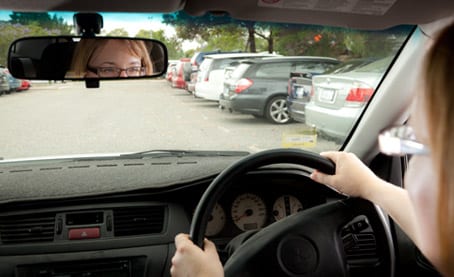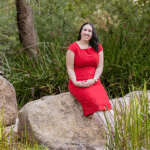
With traffic accidents being a leading cause of death and injury and costing Australia an estimated $344 billion per year, a Curtin study has recommended the establishment of a road trauma support service for Western Australia.
Currently there is no such service in WA, however the Western Australian Department of Health-funded study argues the formation of a specialised road trauma service is vital to the safety and wellbeing of motorists, and communities as a whole.
Curtin School of Psychology and Speech Pathology‘s Lauren Breen coordinated the project, and consulted with government and non-government agencies, as well as community members affected by road trauma.
Dr Breen said existing support services are inadequate in meeting the varied needs of people affected by road traffic crashes.
“Appropriate supports are difficult to identify and costly to access, are limited due to time delays or staffing resources, and available only in certain regions rather than being State-wide,” she said.
“A road trauma support service in WA is urgently required.”
Dr Breen said the psychological repercussions of road crashes run through entire communities.
“The impact left on affected individuals can reach far beyond physical injuries or shock,” she said.
“Psychosocial consequences may include intense grief, post-trauma reactions, psychiatric disorders, social isolation and stigma.
“People can experience significant decreases in quality of life, restricted opportunities for leisure, carer burden, and considerable financial costs.”
Dr Breen studied the road trauma support services found in other states to see first-hand the operations and resources each service had, and interviewed staff.
The analysis of each existing service resulted in 22 recommendations for a Western Australian model, which have been provided to the Road Safety Council of Western Australia for consideration.
“Our recommended service arrangement provides sustainable peer support and professional therapeutic interventions for road trauma victims, family members, and for witnesses and others who are adversely affected by road traffic crashes,” Dr Breen said.



